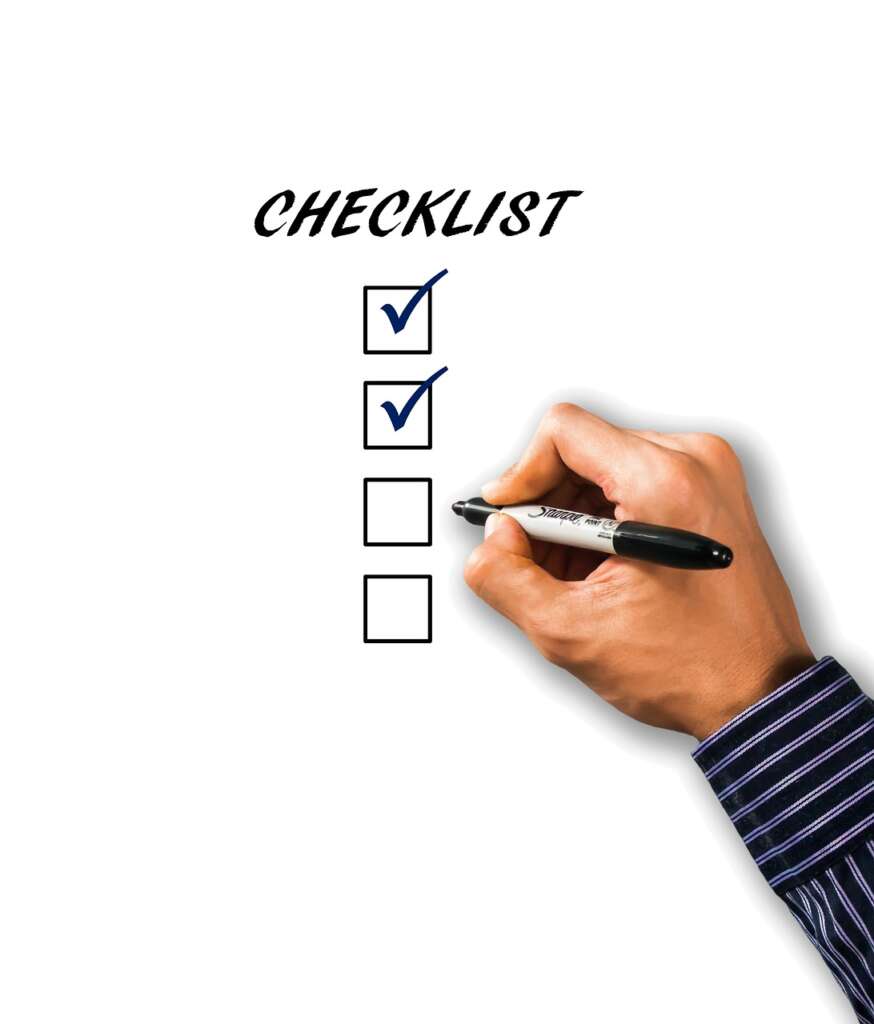Insurance – updated!

Travel insurance was already complicated before we had a global pandemic, now it can be even harder to know if you are safely covered.
When it comes to travelling, it is important to remember that having robust travel insurance is equally as important as owning a passport. Between medical expenses, cancellations, delays, lost baggage, natural disasters and, as we have seen recently, pandemics, there are plenty of reasons to be covered. Some countries, such as Singapore, UAE and Thailand, will not allow you to even enter the country without appropriate insurance. If you are ever unsure about the particular travel requirements for your destinations, the Australian Government provides a searchable list of requirements, suggestions and rules that apply for specific countries.
Likewise, many cruise lines will not allow you to travel with them without insurance. In this case, providing your insurance details will be listed as a requirement under their standard pre-cruise passenger registration forms or booking forms. If you are ever unsure, just ask your travel agent and they will be able to confirm these requirements on a case-by-case basis.

For medical emergencies, the Australian Government will NOT pay your medical bills. The Consular Services Charter identifies that they are unable to help:
- Pay for medical or psychiatric services or medications
- Arrange visas for other countries
- Intervene in immigration, customs or quarantine matters in other countries
This means if you are injured overseas, or on a cruise, you will likely have to pay any relevant medical expenses, plus the additional cost of a flight home. In some places in the world this could cost you hundreds of thousands of dollars.
However, there are some countries in the world where Australia’s reciprocal healthcare agreements apply. This means you can receive subsidised medical treatment for ESSENTIAL services in the following countries: Belgium, Finland, Italy, Netherlands, New Zealand, Norway, Ireland, Slovenia, Sweden, and the UK. You will need to have Medicare, as well as your Medicare card with you, but keep in mind this only covers urgent care. It also does not cover all treatment and medication, for example in New Zealand you are not covered for free or subsided care by GPs or ambulances. In these cases, travel insurance can pay for medical escorts back to Australia, and further provide cover for any resulting cancellations.
Now, what if you aren’t traveling overseas? Do you need domestic travel insurance?
Even if you already have medical cover in Australia, you should still strongly consider travel insurance in case of cancellations or baggage issues.

Now for the big question, does travel insurance cover COVID-19 related problems?
There isn’t a clear answer here, each insurer offers various coverage, ranging from only covering repatriation or medical fees if you get COVID-19, while others will only provide limited coverage for cancellation fees.
It’s important to check the details of what your insurer offers when it comes to COVID-19, and to also be aware that some insurers will not offer COVID-19 insurance for cruises at all – or perhaps there is an extra surcharge and/or excess involved. Likewise, check the terms if you are insured through your credit card. Most credit card company travel insurance does not cover COVID-19 related claims.

Checking the details of your insurance can seem daunting, the product disclosure statement is the fine print you are agreeing to when you purchase your insurance.
Reading this statement carefully is key, but most of us don’t have the time to flick through each individual insurer’s PDS.
So, break it down by checking these areas:
- The table of benefits. This is the summary of what your insurance will cover.
- The policy cover section. This is essential, and will identify what your insurance will and won’t pay for.
- The general exclusions. Also essential. This will list any events that are not covered.
- The pre-existing conditions. This is important if you have any kind of medical condition, it will elaborate on how this effects your insurances coverage.
- Word-definitions. Double-check that your insurers definition of “relatives” and “vehicles” matches your own.
- Claims section. This will be important to identify how to act in the event that you do need to make a claim. Not admitting fault or liability in the event of an accident is a big one. It will also list in detail the kind of evidence and paperwork required in the event of a claim.
- COVID-19 cover. Almost all policies will have a section dedicated to how the policy deals with COVID-19 related events.
- Emergency assistance. This will have the insurers emergency contact details, WRITE THESE DOWN!
CHOICE has developed a handy travel insurance cheat sheet, we recommend you keep this handy for the next time you travel.
Always remember, if you can’t afford travel insurance, you can’t afford to travel.
(Information for this blog is based on current information as at 14Mar23 and sourced from the Australian Insurance Council and Australian government websites. It does not contain advice or suggestions as to the amount or type of cover you may require. All decisions regarding insurance are in the hands of those being insured. We reserve the right to correct errors without penalty)

